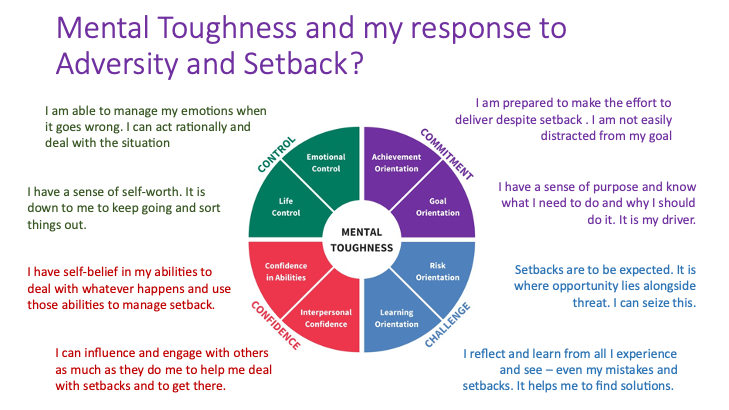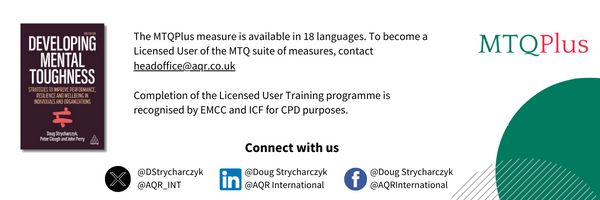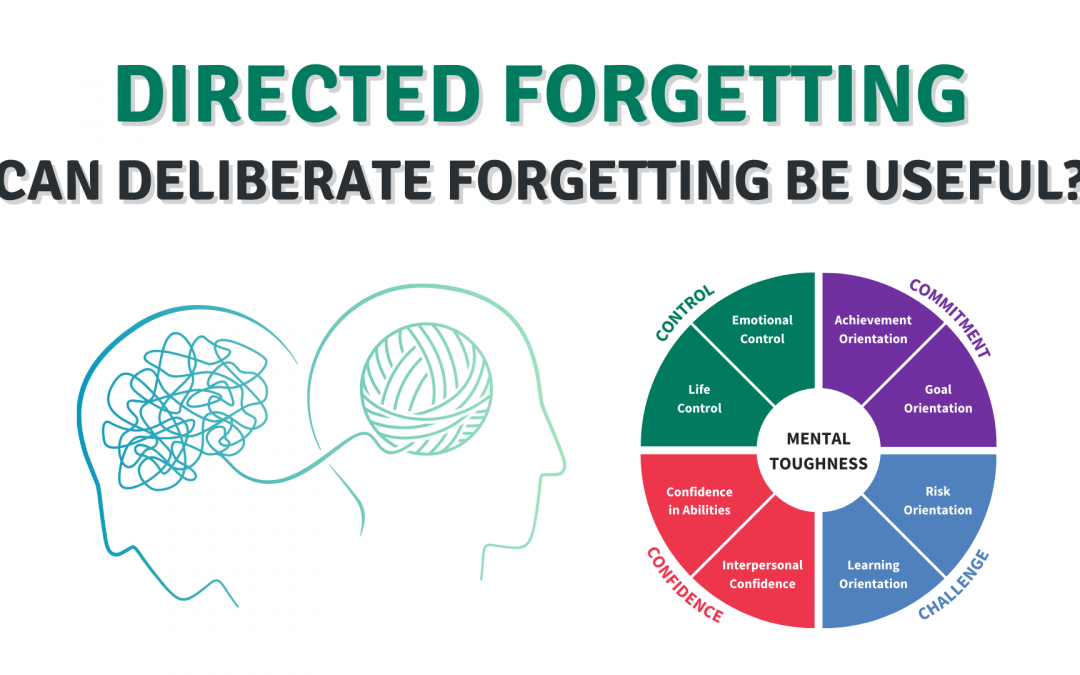Why Directed Forgetting matters for creating resilient and optimistic people and organisations
All of us come across events and situations which we see result in setbacks or failure. In extreme cases, some can be catastrophic – such as a business failure, making a mess of something in your life or even a natural disaster such as a pandemic.
We can also see that individuals respond differently to the same event. Some will respond by being “crushed” by the event. It stops us in our tracks, and it takes a long time to recover if that ever occurs. We dwell on what happened and take forever to get past it.
Others, on the other hand, seem to stop, reflect, come to terms with it, put it behind them and move on quickly.
This has important applications for those in jobs which can be subject to frequent setbacks.
Ask any salesperson. Out of 10 appointments they may close 2 sales but get 8 rejections. On balance, they will perceive themselves as successful. In other occupations, an 80% failure rate might be seen as a catastrophic failure. If those rejections prey on their minds their performance, wellbeing and positivity begin to diminish.
In the 21st Century there are many roles which are exposed to the possibility of failure and rejection – such as those in health and emergency services as well as contact centre staff and those in client services… and almost all leadership and managerial roles.
However, some studies report that some, who find themselves in traumatic situations, seem to have the ability to “self-heal”.
Interestingly, research carried out by Dr Stephen Dewhurst at Hull University on Directed Forgetting and Mental Toughness sheds some valuable light here.
Dewhurst and his colleagues looked at the concept of Directed Forgetting which psychologists often describe as cognitive inhibition. This refers to the suppression of unwanted information in order to focus on new information. In other words, the ability to stop thinking about something in whole or in part, consciously or unconsciously.
The study involved showing people a list of things that they were then asked to recall. They were then shown a second similar list. They were then asked to recall items from the second list and not the first. All participants completed the MTQ mental toughness questionnaire.
There was no difference in performance between those with high, medium and low levels of Mental Toughness when only shown the first list and then asked to recall the first list.
However, there was a big difference when individuals were told to forget the first list and only recall the second list. Those who were more mentally tough were much better able to do this.
This is thought to be a significant part of the explanation of why more Mentally Tough people can put adversity behind them and move on more quickly than the more Mentally Sensitive.
The studies indicated that the ability to perform such effortful restructuring in memory, and thereby prevent potentially distracting thoughts from undermining performance, is a characteristic of mentally tough individuals.
This chimes very well with our understanding of the 4 Cs concept of Mental Toughness – especially the Challenge, Control and Commitment elements.

The research showed that this was indeed the mechanism and that it was not simply that mentally tough individuals had better recall per se. They also had the ability to suppress unwanted memories.
It seems that the more mentally tough are better able to focus on “correct issues” – on what is truly important.
Being able to deal with setbacks and unwanted distractions is valuable in every walk of life.
This has a number of practical implications for those involved in organisation and people development as well as in business development.
If developing the so-called resilient and agile organisation is so important, and it is, then understanding the cognitive underpinning of mental toughness has a significant role to play in achieving this.
Once again, we see self-awareness about one’s mental approach to events is significant – for the wellbeing of staff as well as the organisation.



